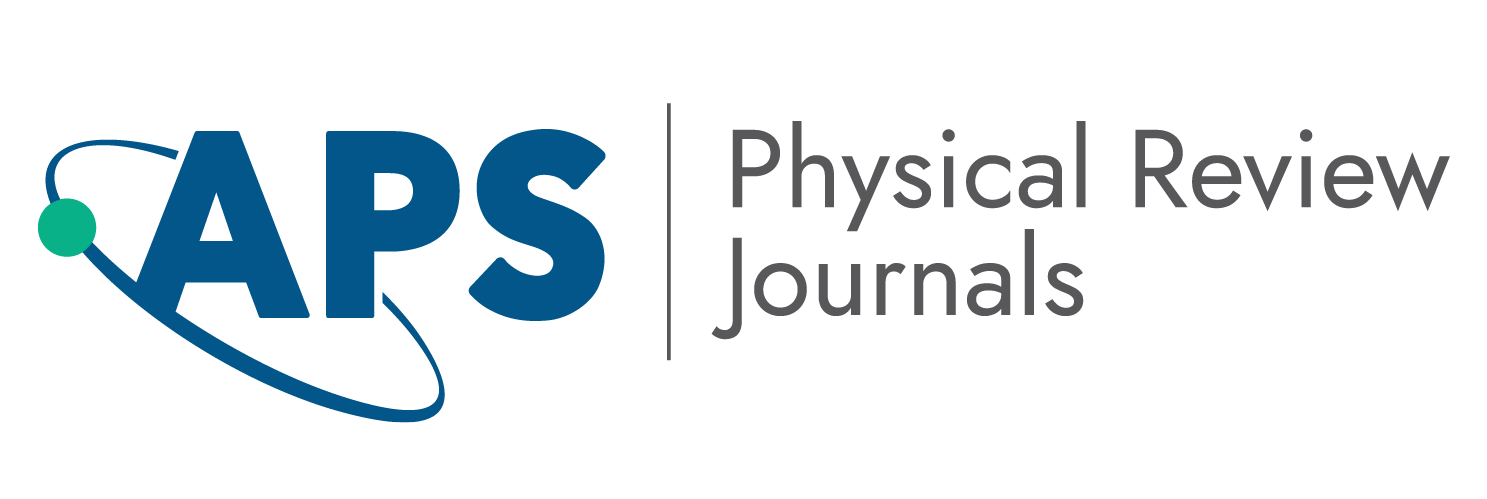Enhancing an Optically Pumped Spintronic Terahertz Emitter (STE) led by Reza Rouzegar and Alexander Chekhov of Freie Universität Berlin Monday, December 4
This free, one-hour online discussion will feature a presentation from the researchers, along with a Q&A session moderated by Stefano Bonetti of Ca' Foscari University of Venice. Don't miss this chance to learn more about STE optimization and ask your questions. Please feel free to share this invitation. | Details:
Physical Review Journal Club: "Enhancing an Optically Pumped Spintronic Terahertz Emitter (STE)"
Date: Monday, December 4, 2023
Time: 9:00 - 10:00 a.m. ET
A recording of the Zoom meeting will be provided to all registrants.
Presenters:
Reza Rouzegar and Alexander Chekhov, Freie Universität Berlin
Moderator:
Stefano Bonetti, Ca' Foscari University of Venice
Summary:
Rouzegar, Chekhov, and colleagues proposed a new method that improved the performance of an optically pumped spintronic terahertz emitter (STE) by a factor of up to 6 in field amplitude through an optimized photonic and thermal environment.
The team's optimized STE inherits all attractive features of the standard STE design, for example, ease of use and the straightforward rotation of the terahertz polarization plane, without the typical 75% power loss found in LiNbO3 setups. It, thus, opens up a promising pathway to nonlinear terahertz spectroscopy. Their results were recently published in Physical Review Applied.
Read ahead in Physical Review Applied: - Broadband Spintronic Terahertz Source with Peak Electric Fields Exceeding 1.5 MV/cm
R. Rouzegar, A.L. Chekhov, Y. Behovits, B.R. Serrano, M.A. Syskaki, C.H. Lambert, D. Engel, U. Martens, M. Münzenberg, M. Wolf, G. Jakob, M. Kläui, T.S. Seifert, and T. Kampfrath
Phys. Rev. Applied 19, 034018 About the Physical Review Journal Club:
Physical Review Journal Club meetings enable participants to meet leaders in the field of physics, and delve into the latest published research. Each one-hour Journal Club meeting includes a presentation followed by moderated Q&A time with the participating researcher(s). This free, open-to-all webinar series offers a rare opportunity to engage with the authors of key scientific developments in a friendly, "Ask Me Anything" format. | | | |


No comments:
Post a Comment